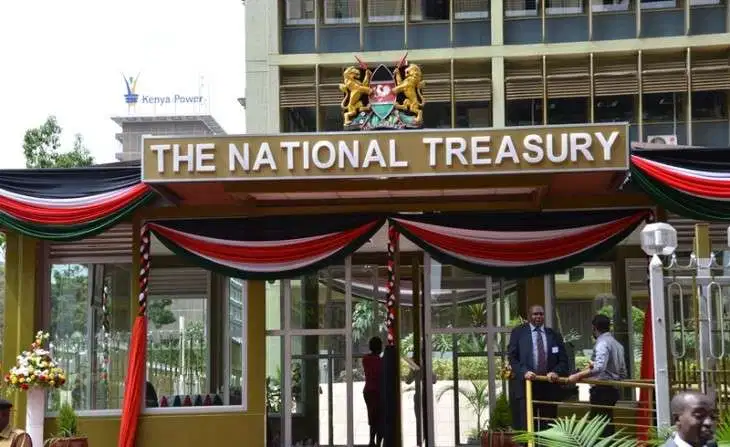Senators push Treasury to resolve schools' Sh67 billion arrears

Senators are calling on the National Treasury to prioritize the release of Sh67 billion owed to schools, a long-standing issue that continues to strain the financial health of public schools across the country.
The demand comes amid a growing concern about the severe cash flow problems faced by schools, which have resulted in school heads reporting arrears of Sh7 billion for the first term of 2025.
The situation is exacerbated by the Sh60 billion in outstanding payments owed for unfunded pupils from 2023.
School heads, including Kenya Secondary School Heads Association chairman Willy Kuria, have pointed out that the delays are affecting not only the smooth operation of schools but also the payment of staff salaries and statutory deductions.
The situation has drawn attention from lawmakers, including Nairobi Senator Edwin Sifuna, who emphasized the need for a long-term solution to prevent such delays in the future.
Sifuna suggested that the Senate Committee on Education take up the matter and investigate why the Treasury has failed to release funds despite the pressing cash flow problems facing schools.
"The committee should inform the House on safeguards being implemented to protect school principals and management from potential legal and financial liabilities due to unpaid suppliers and increasing pressure from other stakeholders," he said.
The delays have placed schools in a difficult position, struggling to meet operational costs and deliver quality education.
According to the Ministry of Education's 2024 data, there are three million learners in secondary schools, with each student entitled to an annual capitation of Sh22,244.
However, due to the delays, schools are still owed Sh2,303 per learner for the first term. "As we approach the end of the term, schools are still owed this amount for the first term of 2025.
We would like to respectfully remind the Ministry of Education that this amount is not the full capitation entitlement for our learners," Kuria stated.
Senators, including nominated member Esther Okenyuri, have urged the government to act swiftly and release the necessary funds to schools, emphasizing that the heads of schools should not be expected to use their own resources to run their institutions.
"We are not going to expect heads of schools to use their own money to run the school. I want to implore the government to prioritize sending capitation to schools, so that heads of schools can pay support staff and provide food for the students," Okenyuri said.
Education Cabinet Secretary Julius Ogamba had earlier acknowledged the delay in the disbursement of the capitation for the first term.
He explained that only half of the required amount had been released, as the government typically disburses 50 percent in the first term, 30 percent in the second term, and 20 percent in the third term.
However, he assured that the capitation for the second term would be in place when schools reopen.
"We are working to ensure the capitation does not delay, but because of financial challenges sometimes that happens," Ogamba said.
Nominated Senator Beatrice Ogola also weighed in, stating that schools must receive timely funds to operate effectively.
She emphasized that investments are needed to ensure success in schools and that without timely disbursements, schools cannot function properly.
"Success is not instant coffee. There must be an investment in the success that we require in our schools. We cannot expect success if the government does not invest in these schools," said Ogola.
